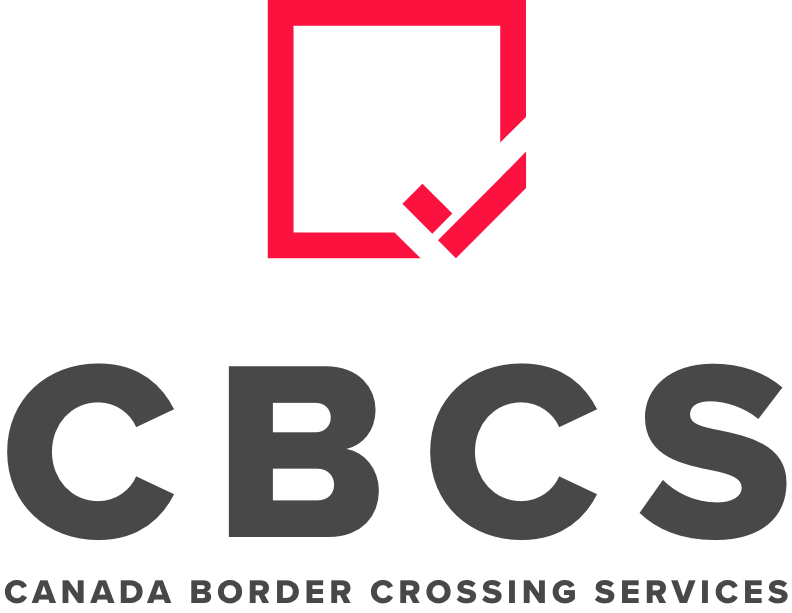DUI: Canada Border Crossing
When entering Canada, be prepared to be asked by a Canada Border Services Agency (CBSA) officer:
“Have you ever been arrested, fingerprinted or appeared in court?”
This includes DUI convictions also known as DWI (driving while intoxicated).
Driving under the influence of alcohol (DUI) is a serious offence in Canada and the officer can refuse you entry into Canada if you have been convicted of this. The good news is that this can be fixed via one of two methods depending on the length of time passed and when the DUI conviction occurred.
DUI’s Prior to December 18th, 2018
If your DUI occurred prior to December 18th, 2018 and you have no other convictions, then this section is valid for your situation.
Option 1)
For DUI convictions less than 5 years old:
An application for a Temporary Resident Permit (TRP) will allow travel into Canada for business and/or pleasure.
Option 2)
For DUI convictions over 5 years old:
A Rehabilitation permit may be applied for allowing permanent hassle free travel into Canada. To find out what solution will work for you please fill in the short form to the right or if you prefer the long form, click here.
Option 3)
For DUI convictions over 10 years old:
You might be Deemed Rehabilitated and not required to apply if you satisfy a number of other conditions. To find out what solution will work for you. Please fill in the short form to the right or if you prefer the long form, click here.
DUI’s After December 18th, 2018
For DUI convictions after December 18th, 2018 you will require an application for a Temporary Resident Permit (TRP) or Rehabilitation to allow travel into Canada for business and/or pleasure.
| Apply Now!For a free initial consultation please fill in the short form to the right or, if you prefer to fill in the more detailed long form, click here.
Call 1-(800) 438-7020 between 9:00 AM and 4:30 PM Central Standard time. |
Not Driving To Canada?
Despite the port of entry or method of transportation used to cross into Canada, you can be denied entry for a DUI. Some examples include:
- You arrive by air at a Canadian airport
- You are not driving and only a passenger in a private or commercial vehicle
- Leaving a ship docked at a Canadian Harbor



